
Wang Zhen, Professor and Deputy Director, Institute for International Relation Studies, Shanghai Academy of Social Sciences
Jan 06, 2026
Acquiring nuclear weapons would not only undermine the global nuclear non-proliferation framework but also deal a fundamental blow to the postwar international order—a prospect that must be met with deep concern and strong opposition from its allies and neighbors.
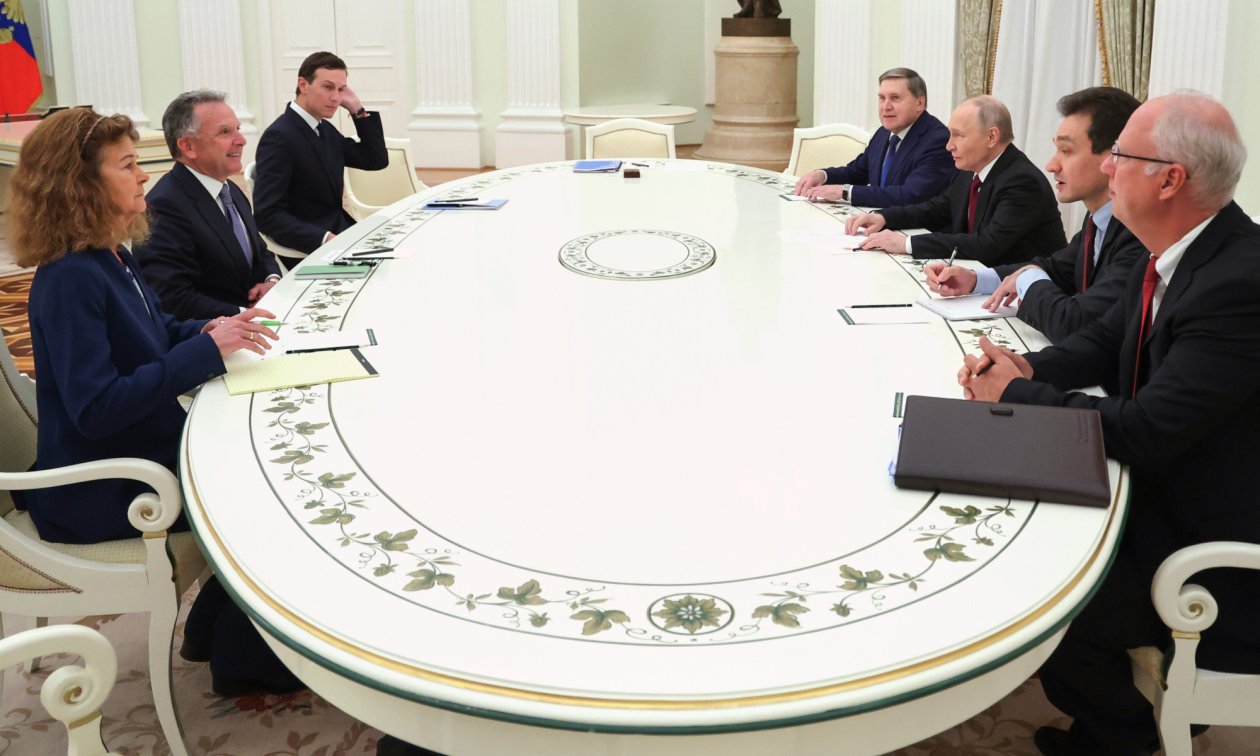
Xiao Bin, Deputy Secretary-general, Center for Shanghai Cooperation Organization Studies, Chinese Association of Social Sciences
Dec 09, 2025
Negotiations on Ukraine’s peace plan reveal more than technical differences. They show a calculation by all parties related to the cost of war, the capacity to endure over time and the sequencing of strategic priorities.
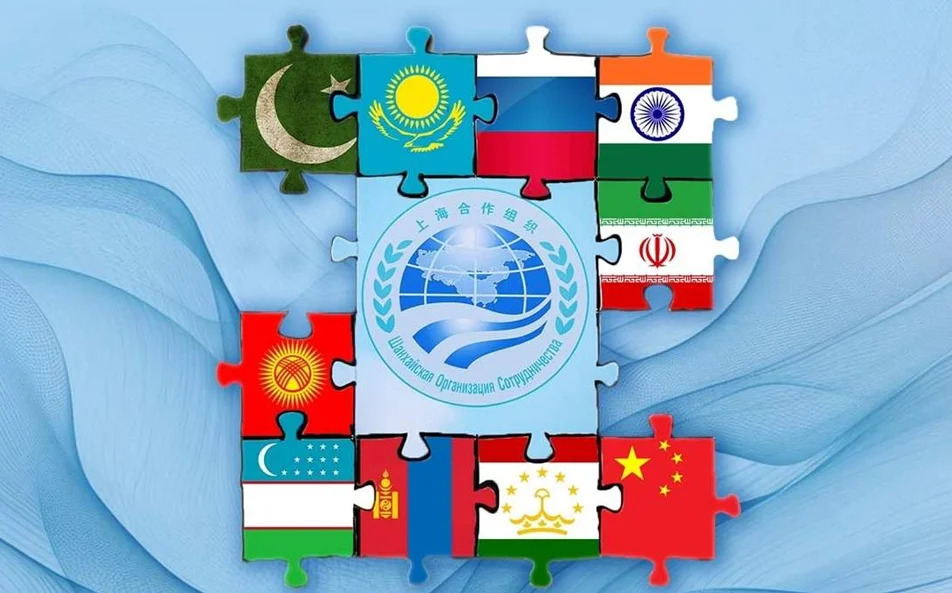
Gu Bin, Associate Professor, Beijing Foreign Studies University
Oct 09, 2025
The new way is not about dismantling anything. It simply rejects American hegemonic thinking and embraces the Oriental wisdom of consultation and co-governance. This approach, which transcends the American model, represents the future.
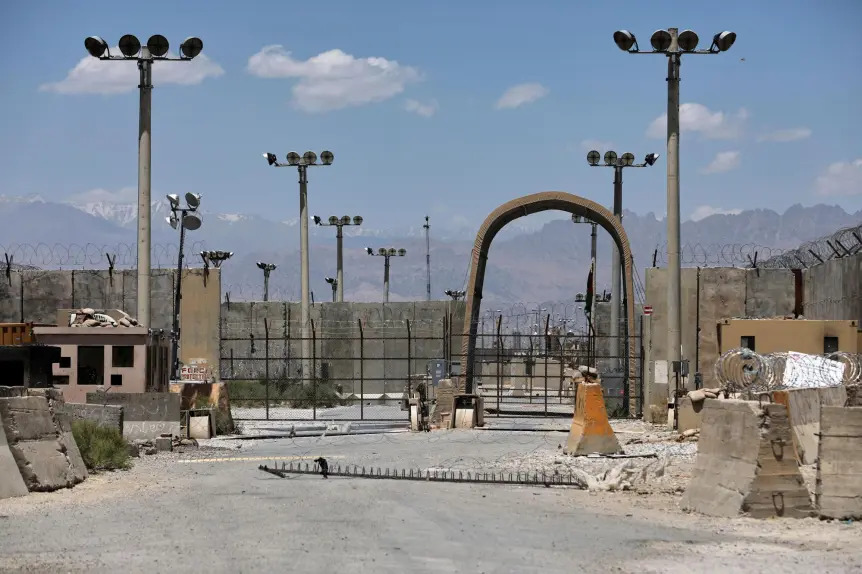
Zhang Zhixin, Research Professor of Institute of American Studies, CICIR
Oct 02, 2025
Donald Trump is threatening to retake Bagram Air Base to gain access to Afghanistan’s rich mineral deposits and to check China and other countries. It’s a costly fantasy. Trump himself signed the 2020 Doha Accord, and his about-face reveals a foreign policy driven by political revenge.
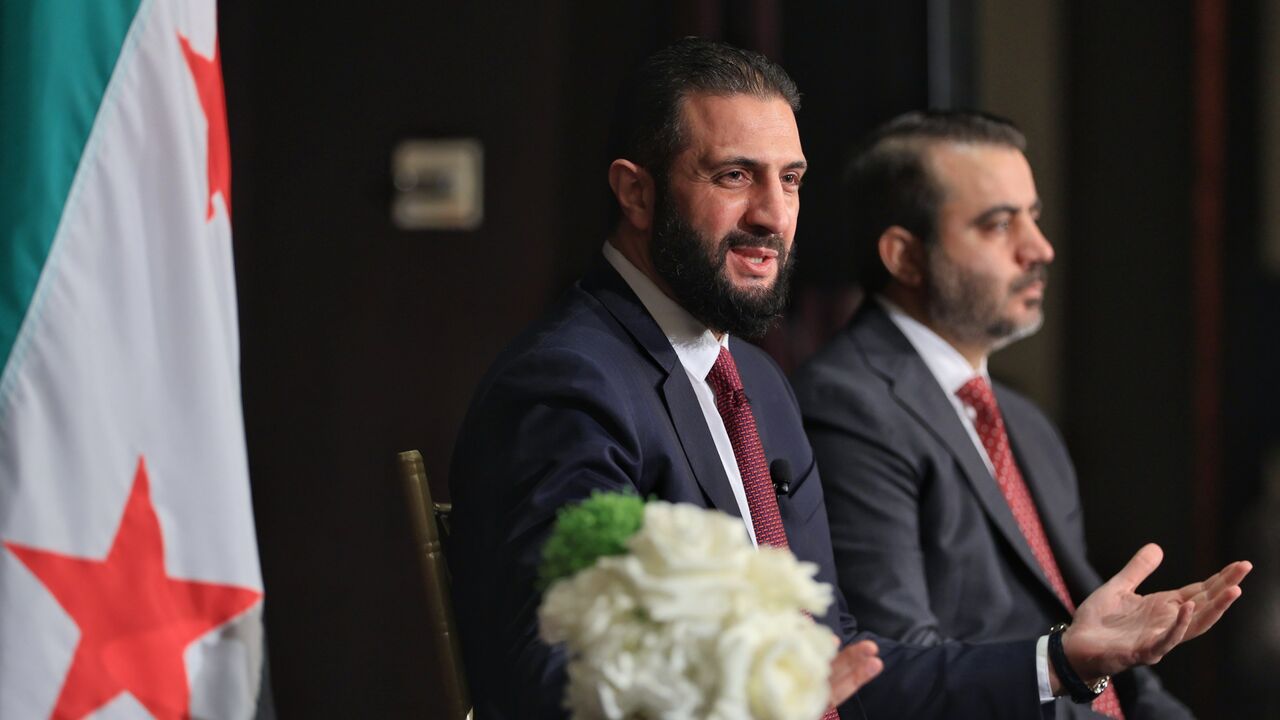
Wang Zhen, Professor and Deputy Director, Institute for International Relation Studies, Shanghai Academy of Social Sciences
Oct 02, 2025
The UN visit of Ahmed Hussein al-Sharaa, the leader of Syria’s transitional government who changed his name from Abu Mohammed al-Julani, demonstrates that Western countries are replacing their post-9/11 consensus on counterterrorism cooperation with a sort of narrow geopolitical logic.
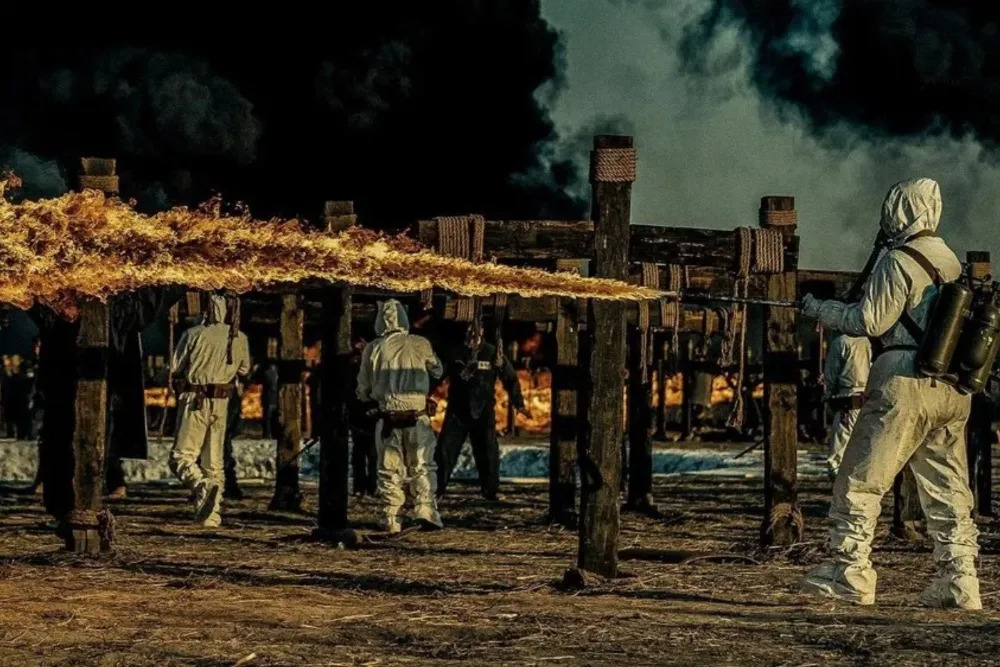
Dan Steinbock, Founder, Difference Group
Sep 26, 2025
The new film Evil Unbound tells the story of Unit 731 and Japanese biowarfare in China. How the mass murderers escaped justice with U.S. support after World War II offers lessons even today.

Niu Xinchun, Professor, China-Arab Research Institute, Ningxia University
Sep 25, 2025
Amid the broader context of its strategic retrenchment in the Middle East, Washington aims to preserve its influence without committing substantial resources, something that requires deft skills — something that Donald Trump lacks.
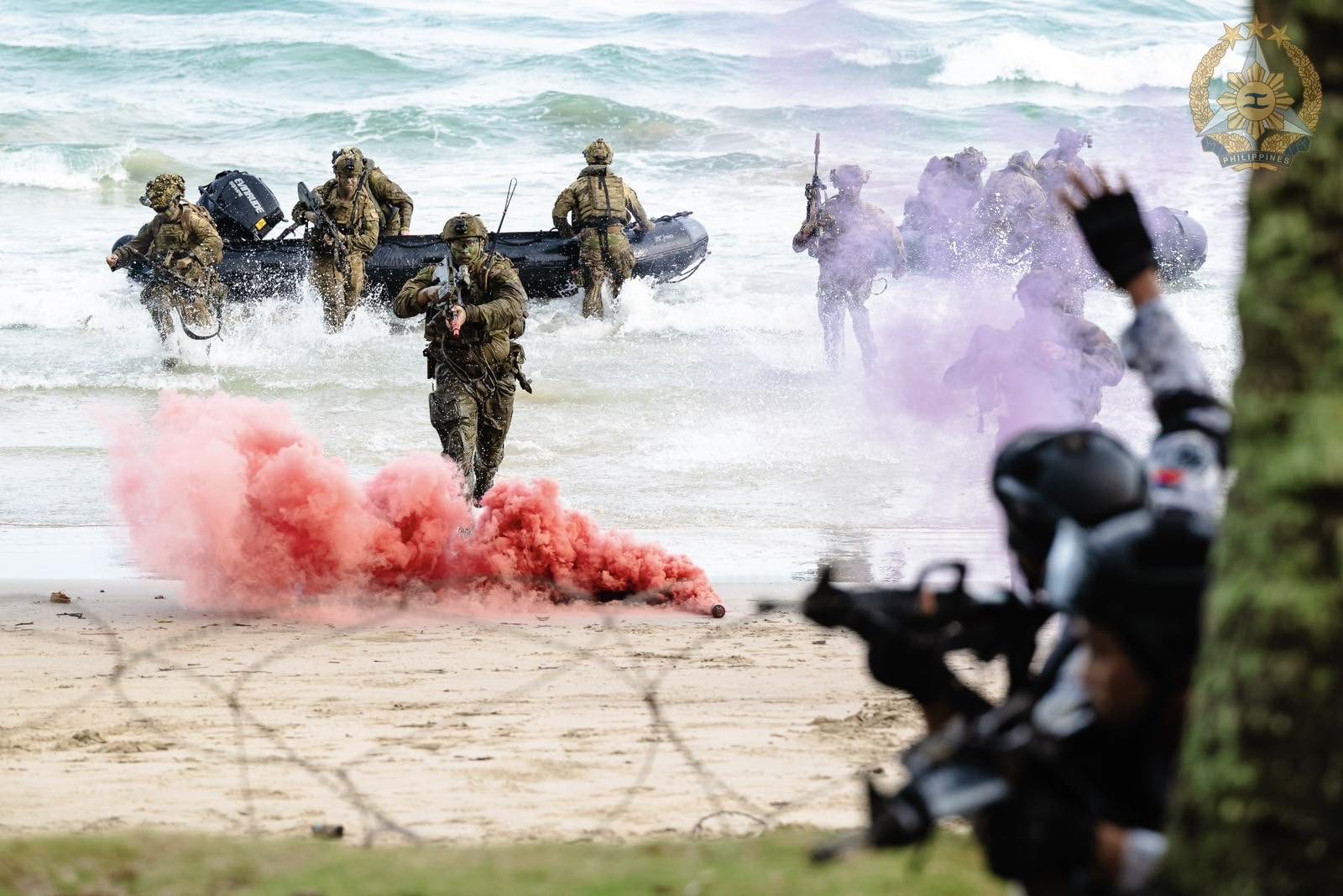
Richard Javad Heydarian, Professorial Chairholder in Geopolitics, Polytechnic University of the Philippines
Sep 19, 2025
The Philippines is significantly upgrading defense ties with Australia and other Western partners amid growing tensions with China in the South China Sea, underscored by large joint exercises and plans for expanded troop access. Yet despite China’s overwhelming military advantage, both Manila and Beijing share responsibility to de-escalate tensions and pursue diplomatic solutions, especially as the Philippines prepares to chair ASEAN next year.
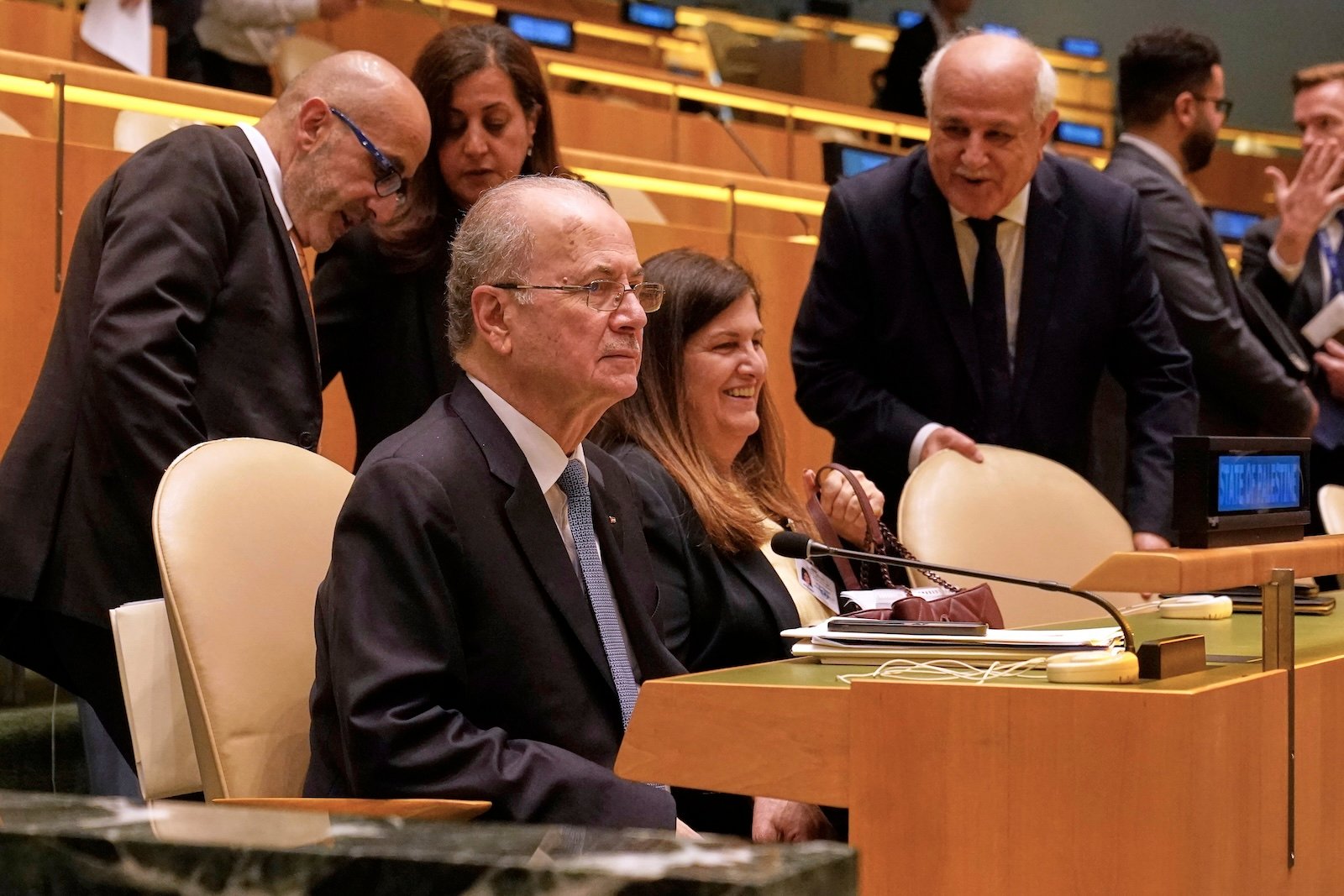
Dan Steinbock, Founder, Difference Group
Sep 12, 2025
As evidenced by complicity in the Gaza genocide, the U.S.-Israel military symbiosis in the Middle East is increasingly shunned by the international community. What the region needs is aggressive economic development.
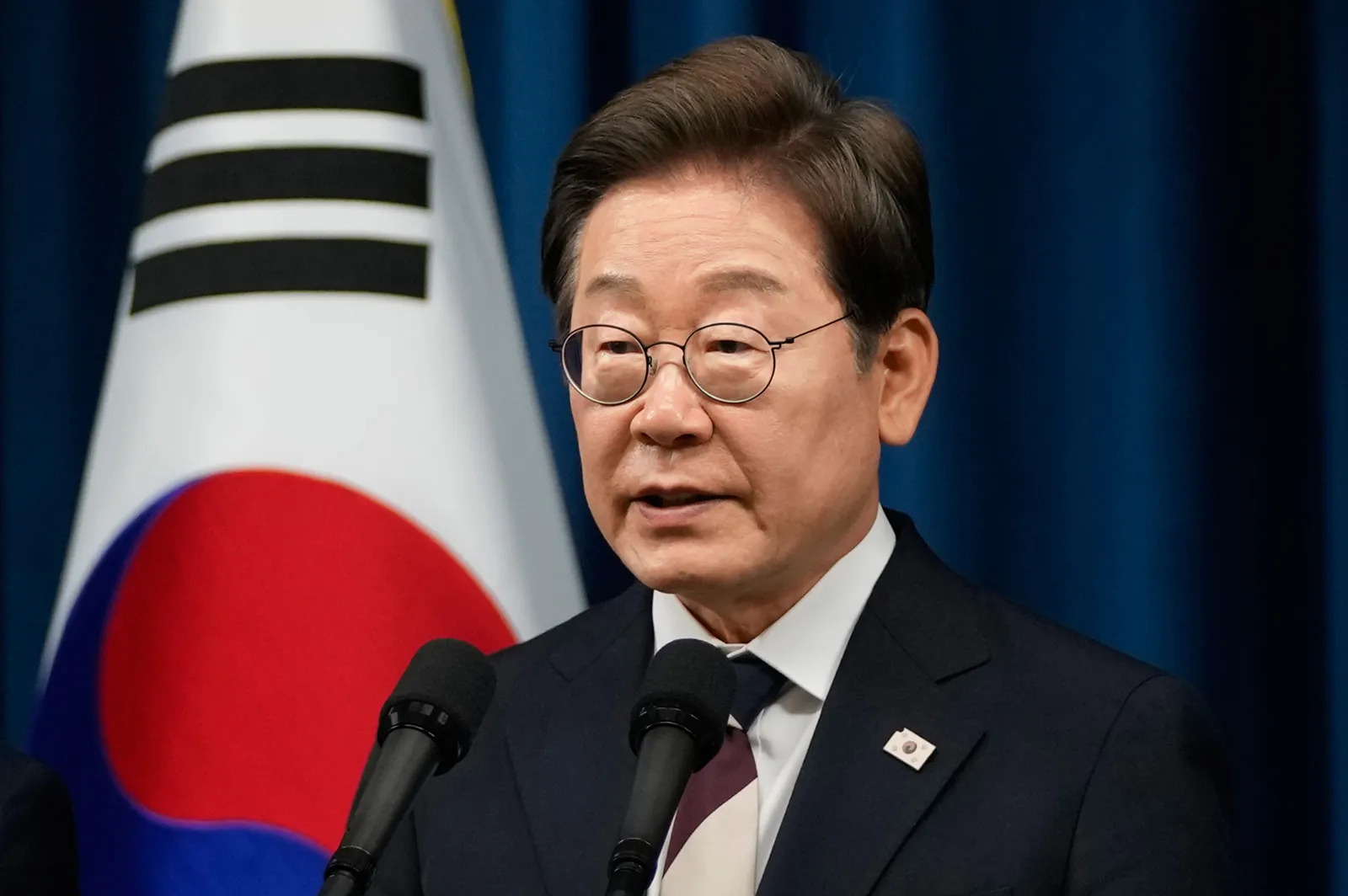
Zhang Yun, Professor, School of International Relations, Nanjing University
Sep 05, 2025
The trickiest problem for South Korea’s diplomacy is balancing the country’s relationships with the United States, China and Japan. Success hinges on consistent pragmatism in both domestic and international affairs.
Back to Top

- China-US Focus builds trust and understanding between the U.S. and China through open dialogue among thought leaders.
- Our Offerings
- Topics
- Videos
- Podcasts
- Columnists
- Research Reports
- Focus Digest
- Stay Connected
-
Thanks for signing up!
- Get the latest stories from China-US Focus weekly.